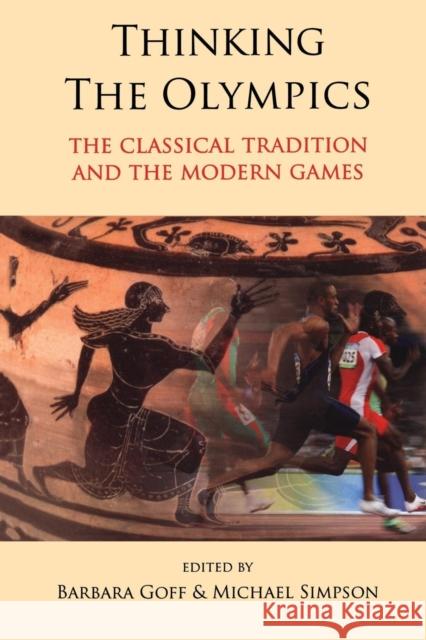Thinking the Olympics: The Classical Tradition and the Modern Games » książka
Thinking the Olympics: The Classical Tradition and the Modern Games
ISBN-13: 9780715639306 / Angielski / Miękka / 2011 / 240 str.
This book is the first to focus on the theme of tradition as an integral feature of the ancient and modern Olympic Games. Just as ancient athletes and spectators were conscious of Olympic traditions of poetic praise, sporting achievement, and catastrophic shortcoming, so the revived Games have been consistently cast as a legacy of ancient Greece. The essays here examine how this supposed inheritance has been engineered, celebrated, exploited, or challenged. The Athens Games in 2004 were widely represented as a return to ancient, and modern, origins; the Beijing Games in 2008, meanwhile, saluted a radically different ancient civilisation. What is the Olympic future for ancient Greece?Thinking the Olympics brings together contributions from various disciplines, including cultural history, classics, comparative literature, and art history. Together these perspectives foreground two opposing plots which recur and collide ritually on the occasion of the Games. On the one hand, the Games present themselves as an ideal enactment of pure, intrinsic Olympic values; on the other, the Games appear as a messy performance of extrinsic investments by diverse parties with their own interests, commercial and political. Power, money, property, and identity are persistently at stake in the Games. But in a time when credit and trust among nations are in short supply, the Olympic arena and its flexible traditions may be where exchange can be done.











